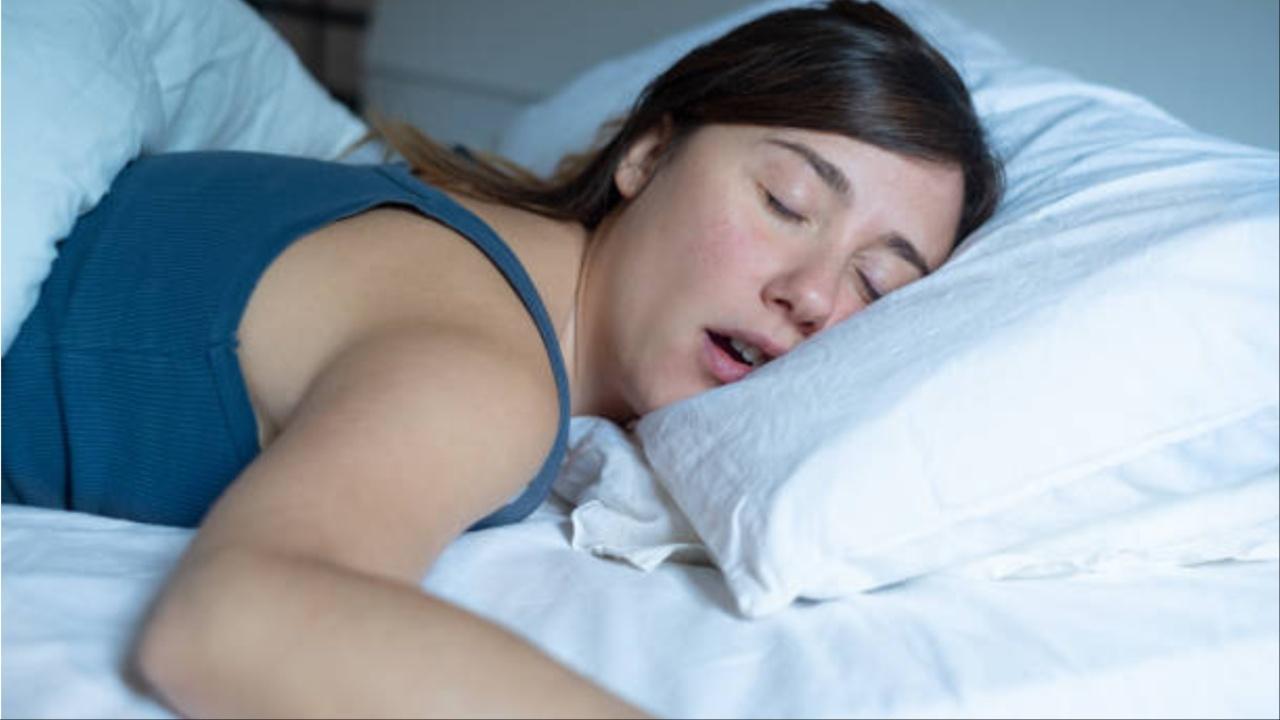People suffering from sleep apnea -- serious sleep disorder where breathing repeatedly stops and starts -- are more prone to memory or thinking problems, according to a preliminary study.

Image for representational purposes only. Photo Courtesy: iStock
People suffering from sleep apnea -- serious sleep disorder where breathing repeatedly stops and starts -- are more prone to memory or thinking problems, according to a preliminary study.
ADVERTISEMENT
The study, to be presented at the American Academy of Neurology’s 76th Annual Meeting taking place in April, just shows an association and does not claim that sleep apnea causes cognitive decline.
During sleep apnea, people repeatedly take pauses in breathing, as well as snort and gasp -- all while in sleep. This lowers blood oxygen levels, making the condition potentially fatal.
The researchers showed that morning headaches or trouble focusing on tasks are more common among the people with the disorder.
“Sleep apnea is a common disorder that is often underdiagnosed, yet treatments are available,” said Dominique Low, of Boston Medical Center in Massachusetts, US.
“Our study found participants who had sleep apnea symptoms had greater odds of having memory or thinking problems,” he added.
The study involved 4,257 people, who completed a questionnaire asking about sleep quality as well as memory and thinking problems.
While 1,079 reported sleep apnea symptoms such as snorting, gasping or breathing pauses in sleep, 357 people, or 33 per cent, reported memory or thinking problems compared to 628 people, or 20 per cent of people without the symptoms.
Further, the team found that people with the symptoms were about 50 per cent more likely to also report having memory or thinking problems compared to people without it.
“These findings highlight the importance of early screening for sleep apnea,” said Low. “Effective treatments like continuous positive airway pressure (CPAP) machines are readily available. Quality sleep, along with eating a healthy diet, regular exercise, social engagement and cognitive stimulation, may ultimately reduce a person’s risk of thinking and memory problems, improving their quality of life.”
The researchers also acknowledged limitations of the study including that the data was sourced from one survey and participants reported their symptoms instead of being assessed by medical professionals.
This story has been sourced from a third party syndicated feed, agencies. Mid-day accepts no responsibility or liability for its dependability, trustworthiness, reliability and data of the text. Mid-day management/mid-day.com reserves the sole right to alter, delete or remove (without notice) the content in its absolute discretion for any reason whatsoever.
 Subscribe today by clicking the link and stay updated with the latest news!" Click here!
Subscribe today by clicking the link and stay updated with the latest news!" Click here!







